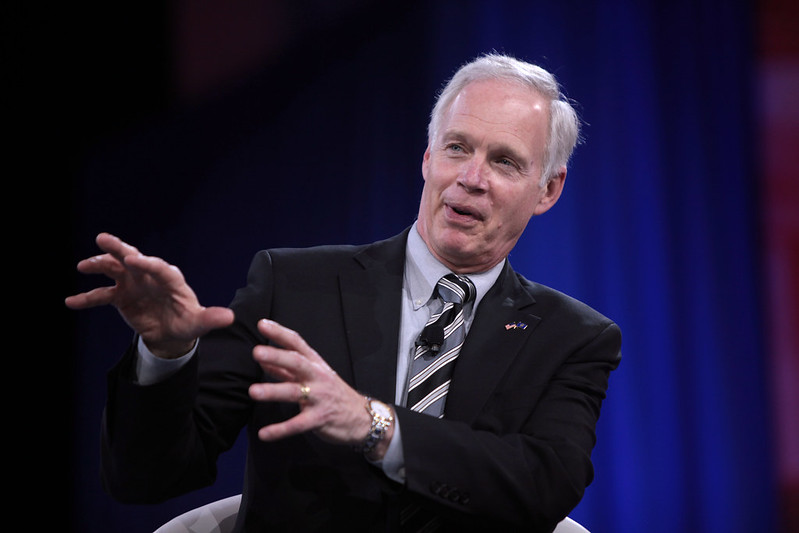There is Nothing Wrong with Comey Criticizing the NYT
The U.S.
Published by The Lawfare Institute
in Cooperation With

The U.S. government has effectively granted journalists immunity from prosecution for violating the criminal prohibitions on publication of certain classified information, and it has begun to recognize a norm against forcing journalists to disclose their sources. As I wrote in Power and Constraint, “Underlying this persistent restraint [by the USG] is a recognition—based in part on politics and in part on a powerful constitutional tradition—that press coverage of secret executive branch action serves a vital function in American democracy, even though the press often miscalculates the harm of publishing secrets and thus often harms national security.”
Yesterday FBI Director Jim Comey criticized the NYT’s reliance on an anonymous AQAP source in this story. Comey stated:
Your decision to grant anonymity to a spokesperson for Al Qaeda in the Arabian Peninsula so he could clarify the role of his group in assassinating innocents, including a wounded police officer, and distinguish it from the assassination of other innocents in Paris in the name of another group of terrorists, is both mystifying and disgusting. I fear you have lost your way and urge you to reconsider allowing your newspaper to be used by those who have murdered so many and work every day to murder more.Micah Zenko says that Comey’s statement displays “stunning hypocrisy” because it came on the same day that a State Department official stated that “media organizations should have the right publish what they want.” But Comey was not denying the NYT’s right to publish. He was making an argument against what it did, and urging it to think harder about its decision next time. Marcy Wheeler implies that Comey here “bullies” the NYT. No, he criticized it and “urge[d]” it to “reconsider.” He made no threat whatsoever, and he had no basis to make one. That is not bullying. Wheeler is on stronger ground in pointing out that the USG speaks to the press through anonymous sources all the time, including in its claims about civilian casualties in drone strikes. I don’t like press reliance on anonymous sources. But I also don’t think that the U.S. government and its enemy in war, AQAP, are on the same footing, or should be treated the same way in NYT news coverage. (Imagine if the NYT said: “A source in the child exploitation ring told the New York Times on condition of anonymity that his group was responsible for three of the child kidnappings but had nothing to with the fourth.”) The NYT appears to think they are on the same footing and should be treated the same when it comes to anonymous sources. Comey disagrees, and there is nothing wrong with him saying so publicly. The press is immune from many things, but not from criticism, including by the government.
Jack Goldsmith is the Learned Hand Professor at Harvard Law School, co-founder of Lawfare, and a Non-Resident Senior Fellow at the American Enterprise Institute. Before coming to Harvard, Professor Goldsmith served as Assistant Attorney General, Office of Legal Counsel from 2003-2004, and Special Counsel to the Department of Defense from 2002-2003.



-final.png?sfvrsn=b70826ae_3)

